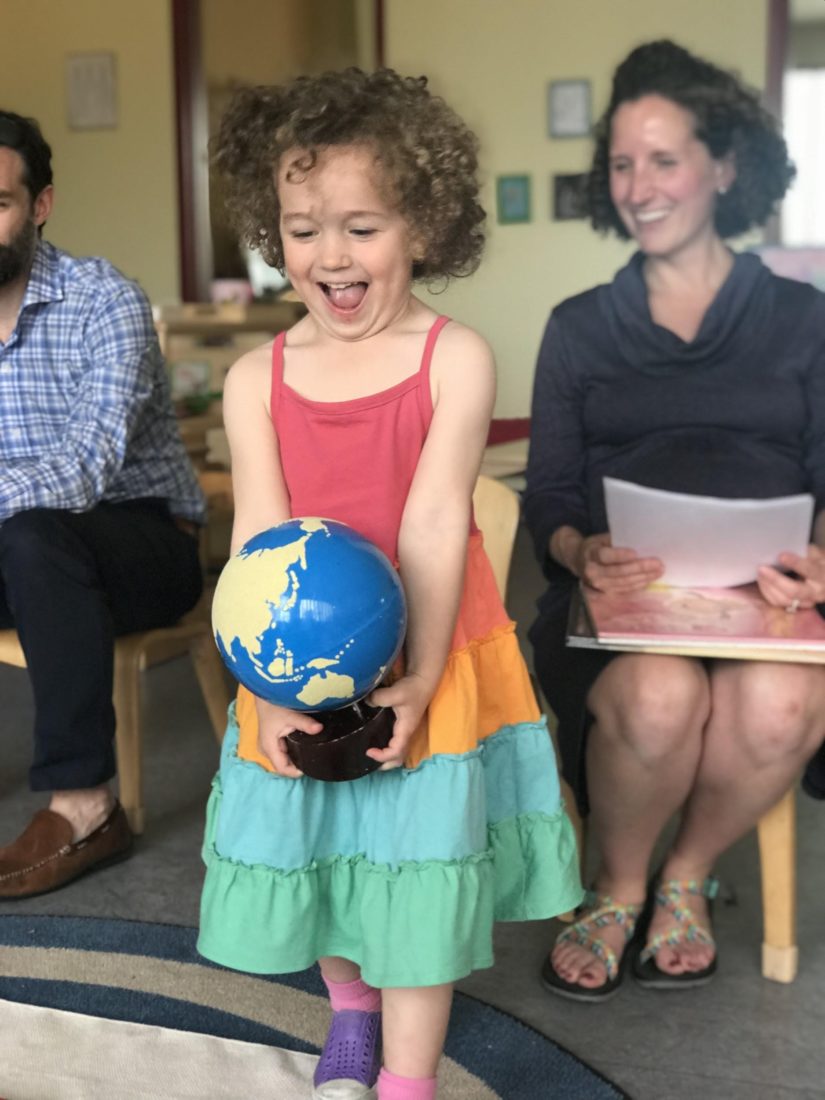
“One of the most powerful truths we can offer our children is the knowledge that we’re all still learning. None of us have arrived; we all have room to grow. This frees our kids from expecting perfection of themselves – or anyone else – because they know that life is a journey, from day one on”
Erica Layne
Parents are a decisive element in a child’s development. Whichever school you send your child to, they spend the majority of their time with you. Your empathy, approach, and patience can cause a child to face challenges with determination, confidence, and grit, or with a pit in their stomach ready to admit defeat as soon as things stretch their ability. Here are the 5 best books on how to raise autonomous, caring little people and gain cooperation without taming individuality. The 5 best books for being a Montessori parent.
- Montessori Madness – Trevor Eissler. Convinced that the traditional education system fails to unveil inspired, fearless learners? Confused about what a Montessori school does differently? This parent to parent argument for Montessori education explains it all.
- Positive Discipline: The Classic Guide to Helping Children Develop Self-Discipline, Responsibility, Cooperation, and Problem-Solving Skills. Jane Nelsen Ed.D. Have days where you are pulling out your hair getting your child to listen and follow directions? Jane Nelsen reflects on her doubts when disciplining her own children: she was either so lenient she ended up not liking her own children, or so strict she didn’t like herself. This book offers guidance on how to be kind and firm at the same time.
- How to Talk So Kids Will Listen and Listen So Kids Will Talk. Adele Faber and Elaine Mazlish. A practical guide to rephrasing what you say in order to teach the behavior you want to see. A book that reminds us to speak to and treat children the way that we would want to be treated.
- Mindset: The New Psychology of Success. Carol S. Dweck, Ph.D. While not meant to be a book on parenting, Mindset will inspire you to be more thoughtful with the type of praise you give and of how you frame challenging experiences for your child.
- The Montessori Toddler. Simon Davies. Davies does an amazing job of reminding us that “toddlers can be tricky. […] They will make you laugh. And they will probably bring you to tears. Or at least a high level of frustration.” She gracefully reminds us that raising little ones is not easy but we are not alone in our struggles. Most importantly, it’s okay not to be perfect. She provides realistic strategies to raise productive, independent little people in as harmonious and simple a way as possible.
I am not a parent; I’m a teacher. But every day I see in the way a child’s face lights up when I pause to listen to them or give them a hug that what I do makes a difference. The gravity of my impact and responsibility has instilled in me the belief that continual growth and improvement are essential. There is no point at which, as a parent or teacher, you have “made it.” The only way we can show up our best selves each day and model the traits we want to see in our children is to never become stagnant in our own pursuit of learning.

“There is no single effort more radical in its potential for saving the world than a transformation of the way we raise our children.”
Marianne Williamson

